Trump’s support for Saudi Arabia contradicts the CIA, subverts national security and puts millions of lives at risk
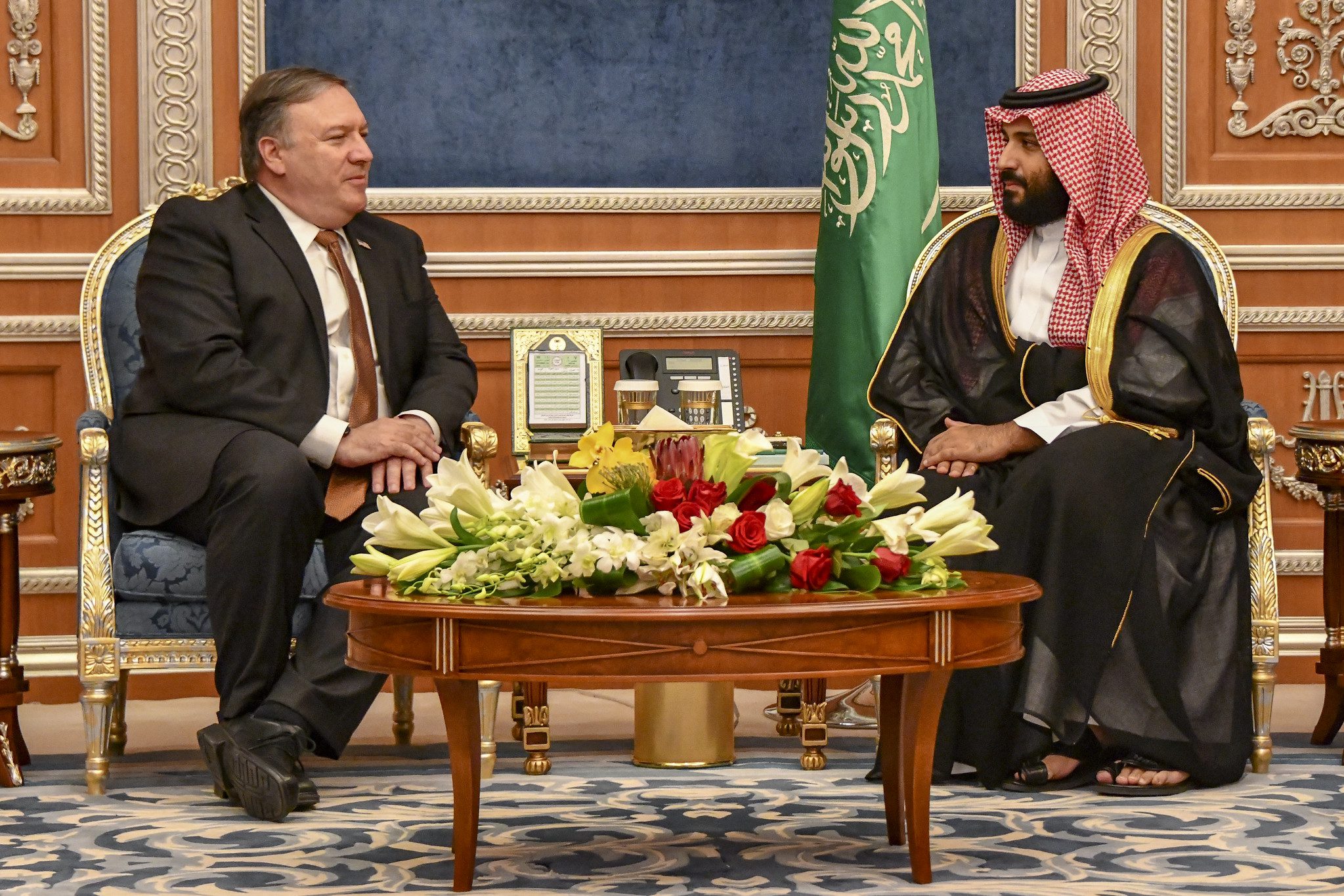
Foreign policy experts typically give three main reasons why we continue to boost Saudi Arabia. None of these holds water.
By Mark Hannah, Senior Fellow
This article appeared in NBC News on November 20, 2018.
Secretary of State Mike Pompeo declared last week that Saudi Arabia’s Crown Prince Mohammed bin Salman should “hold all of those involved in the killing of Washington Post columnist Jamal Khashoggi accountable.” Over the weekend the CIA concluded the crown prince had himself ordered the murder. Yet earlier this afternoon, President Donald Trump issued a remarkable statement siding with the kingdom over his own intelligence agencies, speculating “we may never know all the facts” about the murder, and insisting the United States “intends to remain a steadfast partner of Saudi Arabia.”
Meanwhile, in Yemen, the Saudi military is perpetrating one of the worst humanitarian crises in our lifetime. As Trump waffles between meek calls for a ceasefire and flattery of our “truly spectacular ally,” Mohammed reportedly boasted he has Trump’s son-in-law and Middle East advisor “in his pocket.”
Saudi Arabia, long a problematic U.S. partner, has gone rogue, and Washington’s stubborn support for it is increasingly indefensible. If the new Democratic majority in Congress wants to hold Trump to account, not to mention stand up for America’s national interests, it could start by ending our support for the murderous regime in Riyadh.
After all, some of the bombs being dropped on poor Yemenis — including on the school bus where 40 children died in August 2018 — were made in America. So were the planes from which they are being dropped. Any moral leadership the United States can still claim internationally is being squandered by our state sponsorship of a regime which terrorizes its neighbors and wreaks havoc on one of the world’s poorest countries.
Read more of Mark’s article in NBC News.

Written by Mark Hannah
Mark is a senior fellow with the Independent America project at the Institute for Global Affairs and host of the podcast, None Of The Above.
Read more from Mark
This post is part of Independent America, a research program led out by Jonathan Guyer, which seeks to explore how US foreign policy could better be tailored to new global realities and to the preferences of American voters.



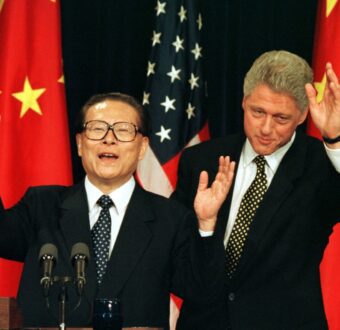
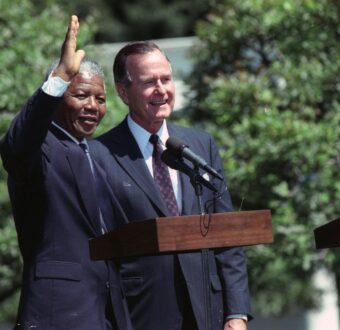
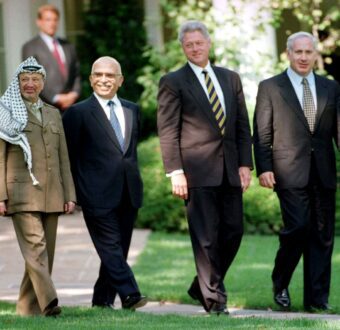
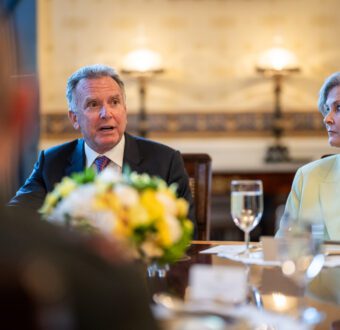
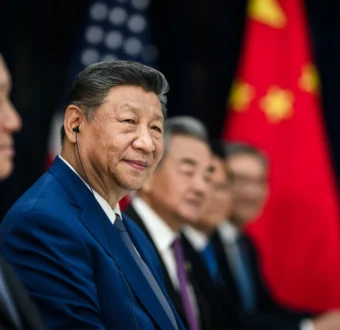
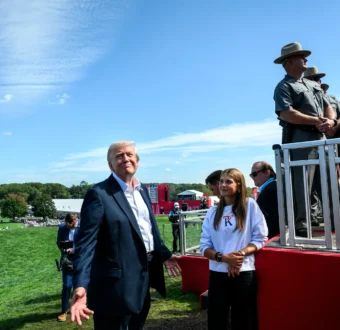



The UN Doesn’t Get Credit for the Lives It Saves